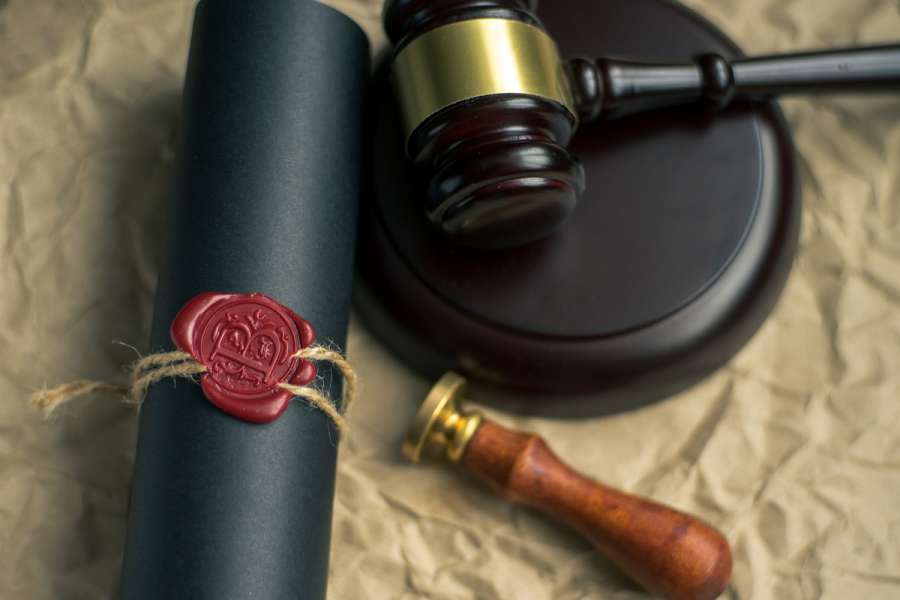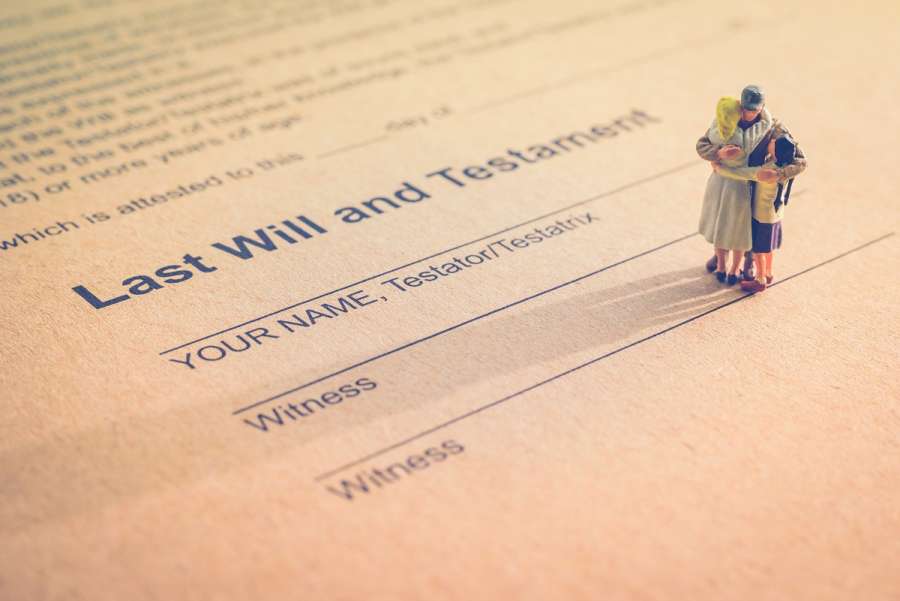
Our Contentious Probate solicitors explore whether an executor can challenge or dispute a Will, the responsibilities and legal obligations of an executor, and the process of renouncing executorship if a conflict of interest arises.

Our Contentious Probate solicitors explore whether an executor can challenge or dispute a Will, the responsibilities and legal obligations of an executor, and the process of renouncing executorship if a conflict of interest arises.
An executor is a person (or people) the deceased has chosen to deal with administrating their Estate when they die.
The role comes with significant responsibilities and duties, which include collecting the estate assets (property and savings) and paying any outstanding debts and liabilities before distributing the Estate in accordance with the terms of the Will.
In addition to the administrative responsibilities, an executor also has various legal obligations, these include an obligation to act in the best interests of the beneficiaries and not put themself in a position of conflict.
It is common for an executor of a Will to also be a beneficiary.
An executor must remain neutral when administering the Estate and ensure their actions are fair and impartial.

If an executor wishes to challenge the validity of the Will or seeks to bring a claim against the Estate, a conflict of interest arises.
This is because their personal aims may not be aligned with the wishes of the Deceased, meaning they would, therefore, be in breach of their executorship duties.
To resolve this issue, an executor will have to renounce their role.
This can be achieved by signing a Deed of Renunciation. It is important to note that this is a legally binding document declaring that an executor is permanently stepping down from their role.
Once the deed has been lodged at the Probate Registry, it cannot be reversed.
Therefore, if you are an executor considering renouncing, we recommend that you seek legal advice to make sure you have considered your options carefully.
A Will often appoints more than one executor; therefore, when an executor renounces, the other executor(s) can continue to deal with the estate administration without too much disruption.
However, if only one executor has been appointed and wishes to renounce, it will be necessary to appoint an independent professional executor to take over the administration, this process can be costly as it is more complex and involves an application to the court.

"Intermeddling" refers to actions that suggest that an executor has already started administering an estate.
Intermeddling includes collecting and selling assets, paying off the Estate's debts or disposing of the Deceased's personal belongings.
Once an executor has commenced any of these activities, they are viewed to have accepted their role and responsibilities as an executor and can no longer renounce.
However, not all actions are considered intermeddling. Making funeral arrangements, organising the safekeeping of the Deceased's personal belongings and gathering paperwork pertaining to the Estate are actions that are not considered to be intermeddling.
If you are unsure whether you have intermeddled in the Estate, seeking legal advice to clarify your position is best.

If an executor is looking to renounce, it is crucial that they do not apply for a grant of probate.
Once the grant of probate is obtained, it becomes a publicly available document which lists the executor(s) of the Estate.
Therefore, if you apply for a grant of probate, it will confirm that you have accepted the roles and responsibilities of administering the Estate.

Suppose you have been appointed as an executor of a Will and are considering challenging the validity of this Will, or bringing a claim against the Estate.
In that case, it is important to obtain legal advice to ensure you are taking the correct steps to renounce your role.
At Myerson, our specialist team of Contentious Probate solicitors can offer guidance on your options, help you understand if you have "intermeddled" in the Estate, assist you in renouncing your executorship, and help you appoint an independent professional executor.
Our specialist team will also be able to advise you on the merits of a Will validity challenge and any other claims you may have against the Estate, including Inheritance Act Claims and Mistakes in Wills.

For tailored legal advice on your role as an executor and the options available to you or executor disputes, please contact our Contentious Probate team: